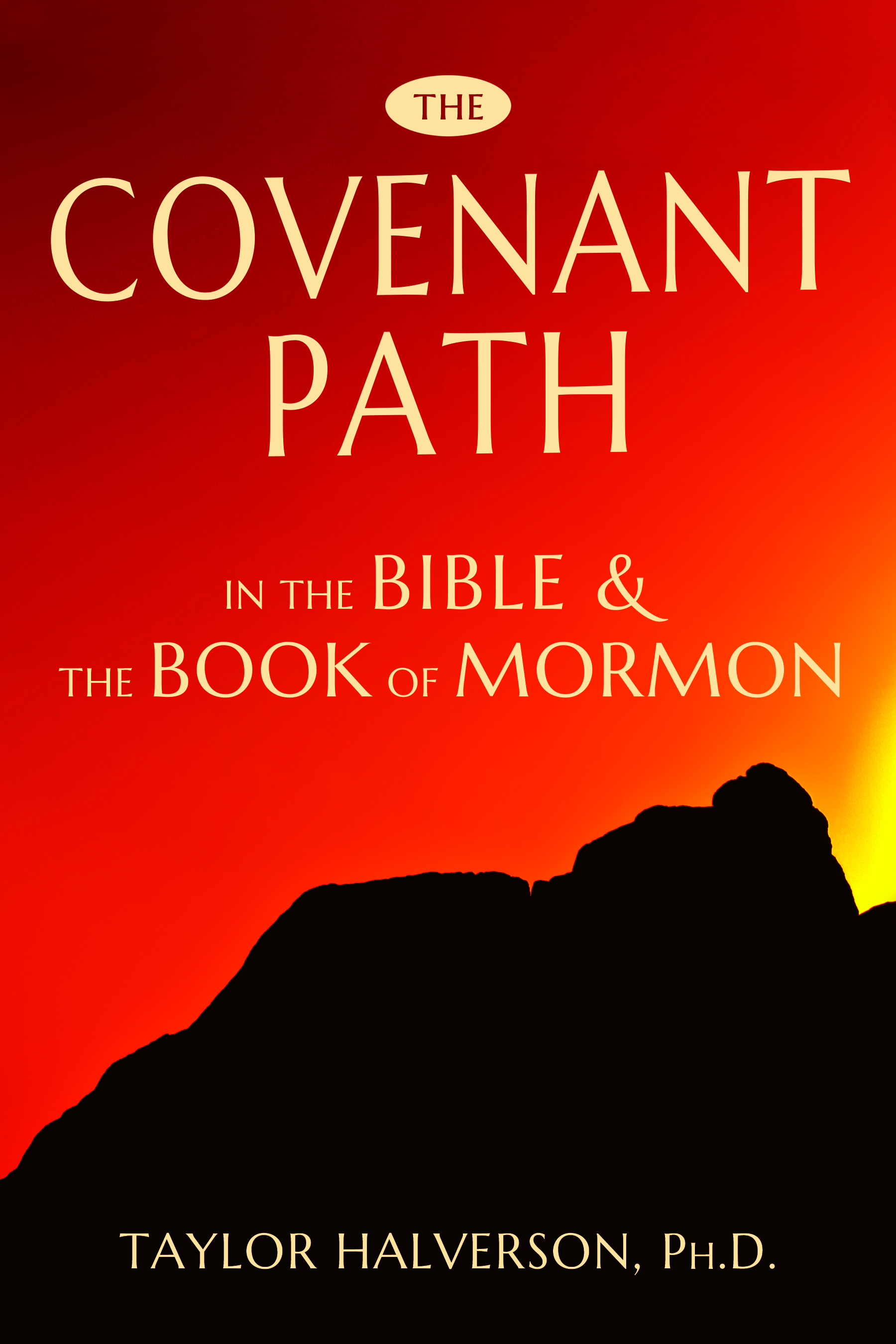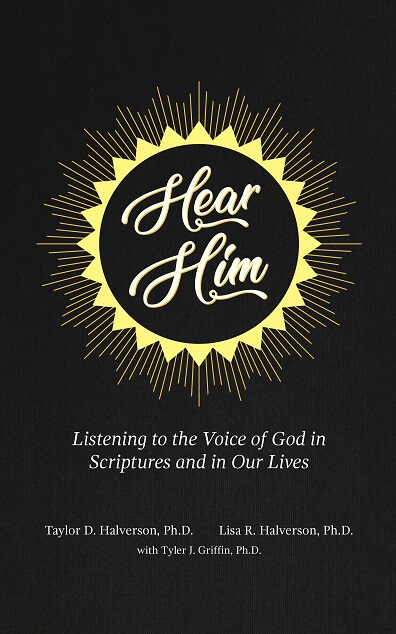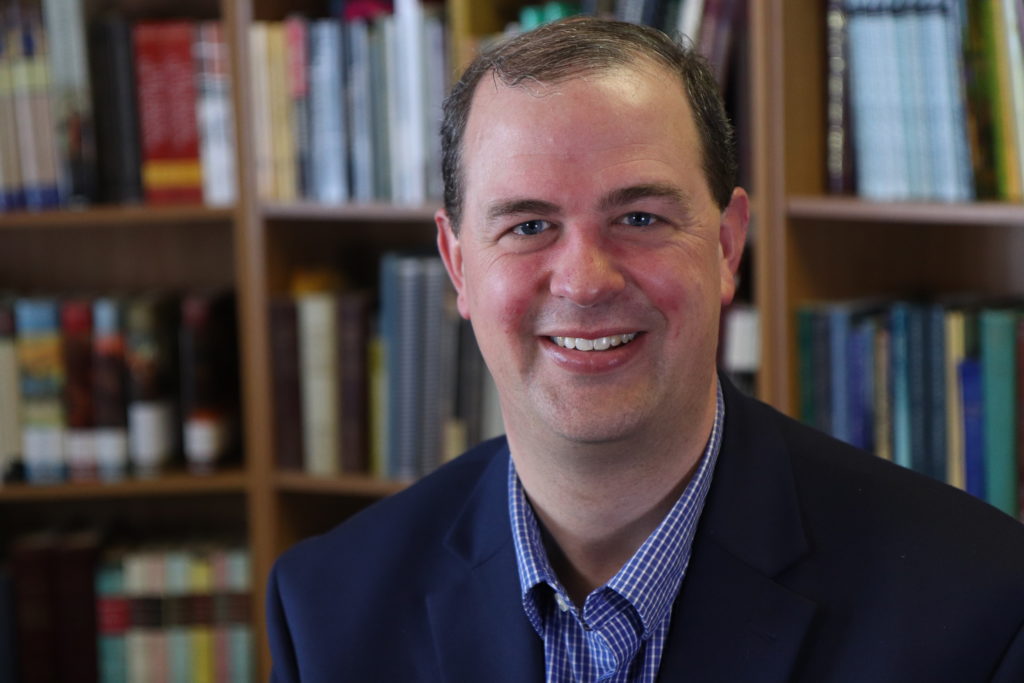The consequence of Abinadi’s bold declaration of Jesus Christ pricked one heart. Just one heart.
If Abinadi chose to measure his life by the number of people who carefully listened to his divine message, he would erroneously conclude that he was an abysmal failure.
The Hope at the Heart of Abinadi’s Life
I wonder at Abinadi’s faith and fortitude. His sense of purpose and mission. His hope.
He must have hoped that something, anything he said would have made a difference to someone, anyone.
His message turned the tide in the heart of Alma the Elder. That one touched heart has changed the course of history.
Consider this: Without Abinadi, there would be no Alma the Elder. Without Alma the Elder, there may be no church in Book of Mormon times. Alma the Elder created the first church organization in the Book of Mormon. It was Alma the Elder and his descendants that organized and led the church of God during much of the Book of Mormon narrative, blessing the lives of untold hundreds of thousands of people.
And now today we have the Book of Mormon because of the witness, testimony, and sacrifice of Abinadi. Millions throughout the earth today are blessed and encouraged by the Book of Mormon message. Could Abinadi have ever foreseen the far-ranging consequences of his utter selflessness in declaring the message God had delivered to Him?
Love was the driving force for Abinadi. He loved God. He loved God’s people.
Abinadi wanted more people to taste of the love of God.
I would love to see how Abinadi would feel to know that his message of love has unfolded throughout the world over two thousands years after his death.
Abinadi’s Message Leads to Covenant Making
After Alma opened his heart to the message of Abinadi, he preserved and shared that message to hundreds of others. Soon a group formed seeking to know more, do more, to be part of God’s fold.
They desired to make a covenant with God.
Mark this down as an eternal truth. Whenever we feel and experience truth from God, one of our first desires is to be more faithful and committed to God through covenantal relationship.
The people in the time of Alma the Elder desired to make a covenant of love with God. They desired to covenant to show love to God and to others, to commit to living on the path of God’s love. Baptism was that covenant.
That message of love is powerfully summarized by Mormon in the greatest concentration of the use of his name anywhere in scripture. But before we quote him, we should remember what Mormon’s name means.
Mormon = [God’s] Love Endures Forever
Mormon’s name seems to mean, in the ancient Egyptian, [God’s] love endures forever. (More on the meaning of Mormon’s name here.)
Ancient scripture writers often used names as key themes or ideas in their message making. By repeating that name, the core idea of a passage of scripture would be reinforced and highlighted. If we were reading in the original Hebrew or Egyptian, that style of writing would be obvious to all of us.
Since we are reading the Book of Mormon in an English translation, we may miss the wordplay that would have been present in the original languages.
Mosiah 18 focuses on the theme of love. First, we have this summary statement by Mormon about Alma’s preaching to those desiring to make a covenant with God, “having one faith and one baptism, having their hearts knit together in unity and in love one towards another” (Mosiah 18:21, emphasis added).
Then we have this tight concentration of Mormon’s name repeated six times in one verse. As you read the verse below, keep in mind that the covenant of baptism is love, a theme of Mosiah 18 is love, and Mormon’s name probably means “[God’s] love endures forever.”
“And now it came to pass that all this was done in Mormon, yea, by the waters of Mormon, in the forest that was near the waters of Mormon; yea, the place of Mormon, the waters of Mormon, the forest of Mormon, how beautiful are they to the eyes of them who there came to the knowledge of their Redeemer; yea, and how blessed are they, for they shall sing to his praise forever.” (Mosiah 18:30, emphasis added)
The message from God is unmistakable—Love.
Baptism Fully Immerses Us in the Love of God
I love that the word baptism in Greek means “to fully immerse.” When we are baptized, we are fully immersed in the love of God. And through the Gift of the Holy Ghost we are promised to retain that full immersion in love.
If you have received baptism, can you feel the love of God now? Alma asked a similar question to those in his day, “And now behold, I say unto you, my brethren, if ye have experienced a change of heart, and if ye have felt to sing the song of redeeming love, I would ask, can ye feel so now?” (Alma 5:26).
That love from God is still fully available, just as surely as the fruit of the Tree of Life.
God is faithful to His covenants. He will continue to make His love available to all who love Him no matter how far we may have wandered or been forgetful.
His love endures forever.
That is the message of Mormon.
That is the message of the waters of Mormon.
That is the message of the baptism.
That is the message of the Book of Mormon.
More from Taylor Halverson
My latest book The Covenant Path in the Bible and the Book of Mormon is now available on Amazon and Deseret Book!

Join my newsletter and receive a free humorous eBook Memoirs of the Ward Rumor Control Coordinator is a light-hearted look at our beloved Mormon Church of Jesus Christ of Latter-day Saints culture. When you join my newsletter, it’s a bit like voting for Pedro. Your wildest dreams might come true!
And check out my new book Hear Him: Listening to the Voice of God in Scriptures and in Our Lives by Taylor Halverson, Lisa Halverson, and Tyler Griffin.








